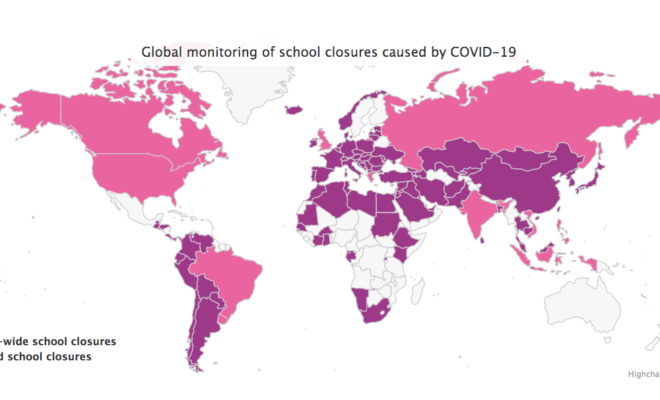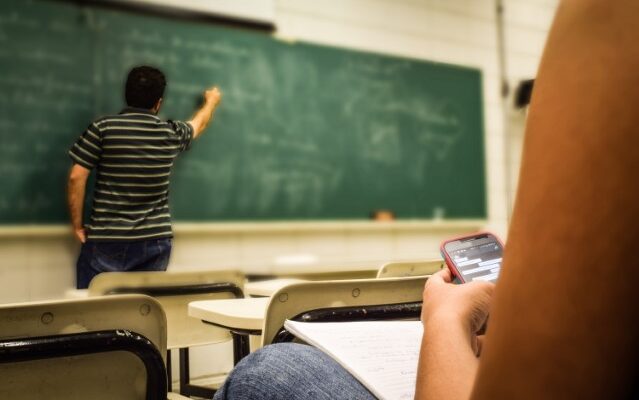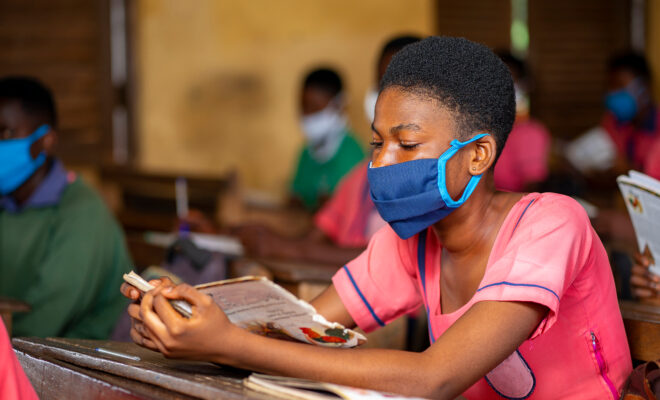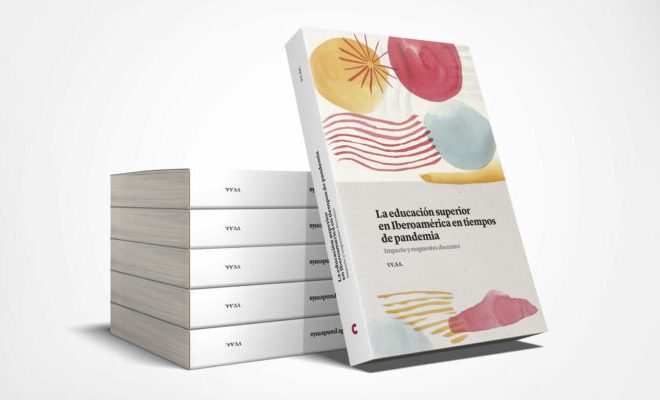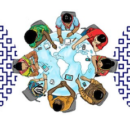Coronavirus: a threat to the internationalisation of higher education? / ACA Newsletter

First in China, later in other parts of Asia and now increasingly everywhere in the world, the Coronavirus is affecting public life. It also impacts on higher education in general and on internationalisation in particular.
Chinese higher education, especially in Wuhan and the Hubei province, is functioning in slow motion. Whole campuses have been shut down, labs are often not accessible, in-class teaching is rare. This applies also to branch campuses of European or American universities. Attempts to compensate for lack of face-to-face instruction have seemingly given a boost to online education. Given the fears about the virus, China’s self-set target to attract 500,000 foreign students to the country might not be reachable so soon. It is expected that student flows in the near future might be partly diverted away from China to other (Asian) destination countries.
Countries such as Australia and New Zealand, with a high inflow of Chinese students, are worried. Australia has 153,000 Chinese students enrolled at its universities. About 100,000 of those are now stuck in China.
Read the full story on ACA Newsletter
RELATED ITEMS
